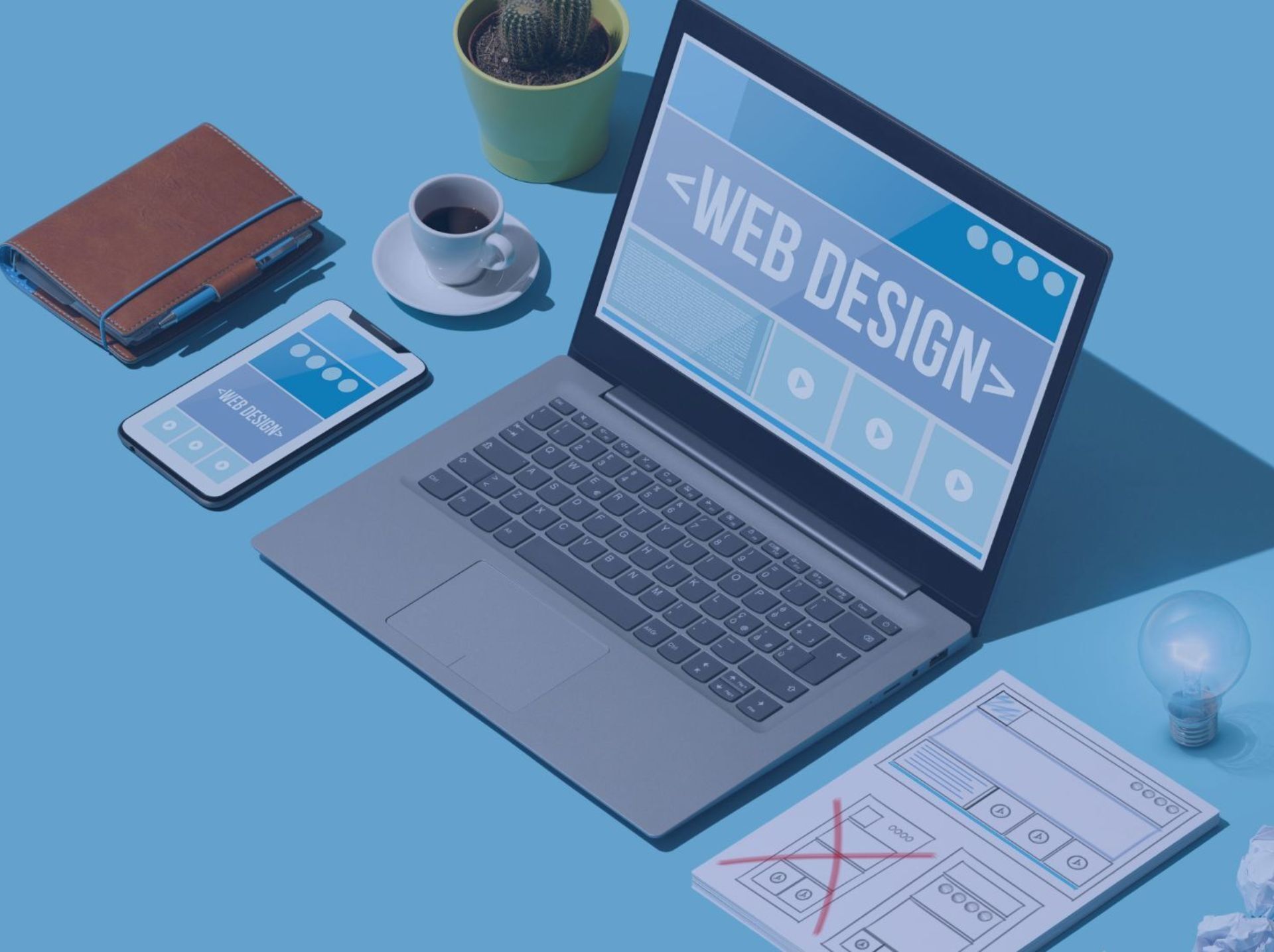Comprehending the Role and Duties of a Specialist Internet Developer in Today's Digital Landscape
In the quickly developing electronic landscape, the function of a professional internet designer incorporates far even more than simple aesthetic charm; it requires a nuanced understanding of customer experience, technological proficiency, and critical believing to effectively satisfy client purposes. Inevitably, comprehending these dynamics is necessary for anybody interested in the future of internet design.
Development of Web Layout
The development of website design has actually changed substantially because the inception of the web, mirroring developments in modern technology, individual assumptions, and design ideologies. Initially, internet design was basic, characterized by text-heavy pages and very little graphics, as designers prioritized capability over looks. The introduction of HTML and CSS permitted even more visually attractive designs, making it possible for developers to create structured material that dealt with individual experience.
As broadband net came to be widely available, designers welcomed richer multimedia components, bring about the rise of dynamic sites. The development of receptive design dealt with the expanding prevalence of mobile phones, making certain that websites delivered ideal experiences throughout various display sizes. This change highlighted the importance of use and availability, prompting developers to embrace user-centered design methodologies.
Furthermore, the integration of frameworks and material monitoring systems has streamlined the design process, permitting extra reliable process and partnership. Today, website design proceeds to progress with the integration of expert system and equipment understanding, allowing tailored experiences and smarter user interfaces. This continuous improvement highlights the requirement for web developers to stay versatile, equaling technical innovations and altering user assumptions to create reliable digital solutions.
Important Abilities for Developers
A successful internet designer should have a varied set of skills that mix imagination with technical proficiency. At the core of these abilities exists a solid understanding of style principles, consisting of typography, color concept, and layout. This fundamental knowledge permits designers to produce aesthetically attractive and user-friendly websites.
Additionally, proficiency in graphic layout software application such as Adobe Creative Collection is vital for generating top notch visual assets. Experience with internet growth languages, including HTML, CSS, and JavaScript, allows developers to apply their creations successfully and recognize the limitations and possibilities of the internet.
Just as important is the ability to carry out customer study and apply user experience (UX) principles. An internet developer must possess the logical abilities to analyze individual data and comments, guaranteeing that styles meet user requirements and improve total involvement. In addition, remaining upgraded with the most up to date layout fads and technologies is important in a swiftly advancing electronic landscape.

Secret Duties in Projects
Internet developers are turned over with a plethora of obligations that are crucial for the success of each job. At the center, they are charged with recognizing client demands and converting them right into functional and visually attractive styles. This entails conducting extensive study to ensure that the design lines up with the brand name's identification and target market.
Additionally, web designers need to develop wireframes and models that lay out the layout, navigating, and performance of the web site. This foundational job is vital to ensure that stakeholders have a clear vision of the end product before development begins. Collaboration with developers is one more essential obligation, as designers need to make sure that their vision is go to these guys properly applied via coding and technological requirements.
In addition, internet developers are accountable for preserving consistency across various platforms and devices, guaranteeing that the site is accessible and receptive. They need to likewise stay upgraded on existing style patterns and technologies, incorporating ideal methods into their work. Ultimately, comprehensive testing and top quality guarantee are vital, as designers must recognize and attend to any type of issues before launch, making sure a seamless customer experience.
Significance of Customer Experience
Prioritizing customer experience (UX) is important for the success of any kind of website design task, as it directly affects exactly how visitors communicate with a website. A well-designed UX boosts use, guaranteeing that customers can browse perfectly and locate the information they seek without stress. This fluidity is vital, as also a minor obstacle can cause raised bounce rates and lost chances.

Furthermore, prioritizing UX adds to building brand name loyalty. When customers have positive communications with a web site, they are most likely to recommend the solution and return to others. Thus, buying customer experience is not merely a style selection; it is a calculated choice that can considerably influence a brand's track record and success in the affordable digital this page landscape.
Future Patterns in Website Design
As the digital landscape progresses, remaining ahead of emerging patterns in website design ends up being progressively important for designers aiming to improve customer experience. One significant pattern is the increase of receptive layout, which guarantees that web sites execute seamlessly throughout different gadgets and display dimensions. As mobile website traffic remains to dominate online interactions, designers must prioritize fluid layouts and adaptable material.
One more pattern is the combination of expert system (AI) and artificial intelligence, which can personalize user experiences by analyzing behavior and preferences. This capability permits smarter material distribution and tailored user trips, inevitably raising involvement.

Sustainability is likewise becoming a vital focus in website design - Web Designer in Meerut. Designers are currently taking into consideration green techniques, such as enhancing site efficiency to minimize energy consumption and using eco-friendly holding options
Furthermore, minimalism remains prevalent, with a concentrate on tidy, minimalist interfaces that boost functionality. Coupled with using vibrant typography and vivid color pattern, this technique aims to catch users' site interest while helping with navigating.
Lastly, including immersive technologies like increased reality (AR) and online reality (VR) is established to transform user interactions, providing amazing chances for innovative web experiences. (Web Designer in Meerut)
Conclusion
Finally, the function of an expert web developer is important to the success of on the internet systems in the contemporary digital landscape. By understanding vital abilities and embracing progressing layout trends, web designers successfully add to creating straightforward and engaging websites. Their responsibilities expand beyond appearances, emphasizing the significance of individual experience and partnership with programmers. As modern technology proceeds to advance, the importance of website design will only boost, making continuous adjustment and innovation important for future success.
In the swiftly progressing digital landscape, the role of a specialist internet designer encompasses much more than mere visual charm; it needs a nuanced understanding of user experience, technological efficiency, and tactical thinking to effectively satisfy client goals. Internet style was fundamental, characterized by minimal graphics and text-heavy web pages, as designers focused on performance over aesthetics. An internet designer have to possess the logical skills to analyze individual data and comments, ensuring that layouts meet individual needs and improve overall interaction (Web Designer in Meerut).As the electronic landscape advances, staying in advance of emerging fads in web layout ends up being increasingly crucial for developers aiming to improve customer experience. By embracing and understanding necessary skills developing design trends, internet designers effectively contribute to producing engaging and easy to use web sites